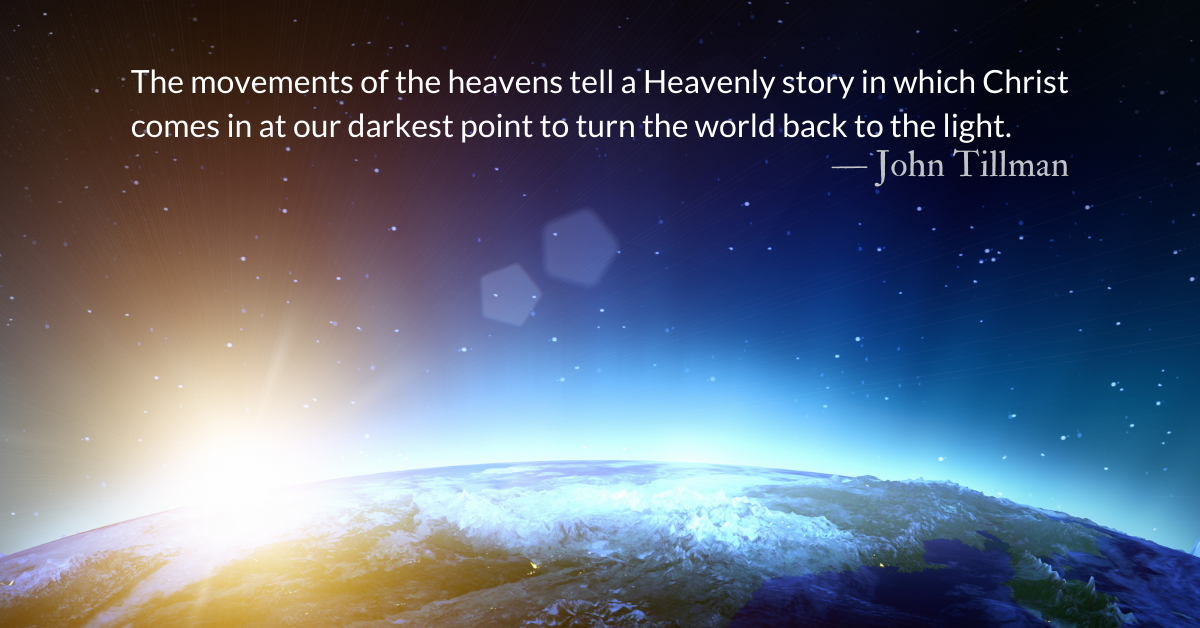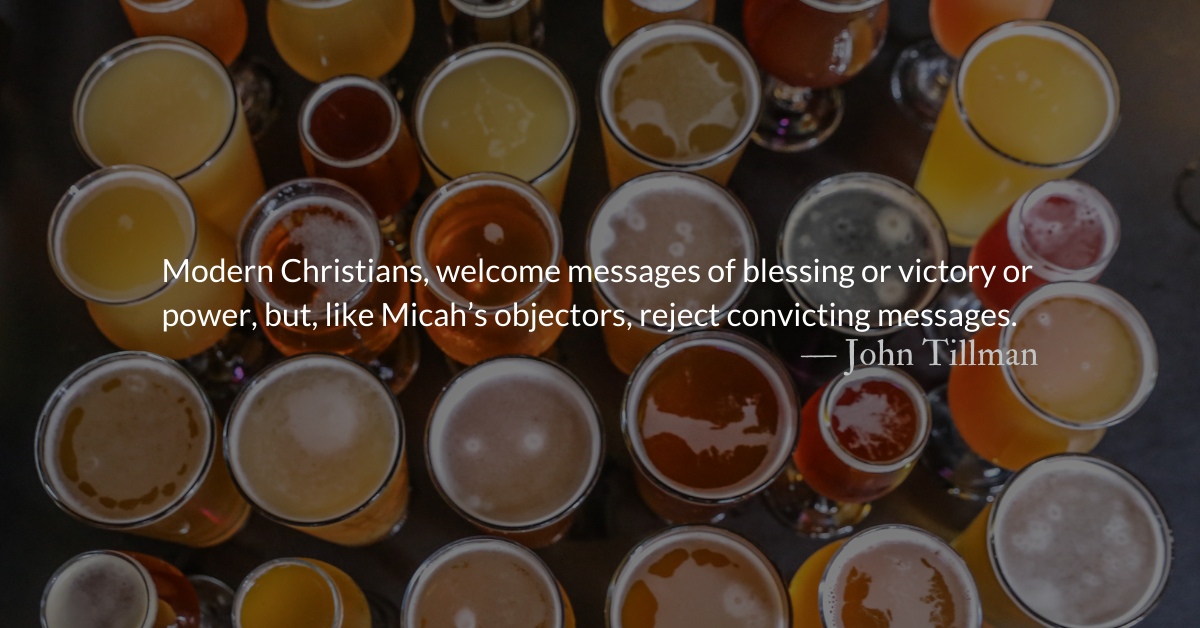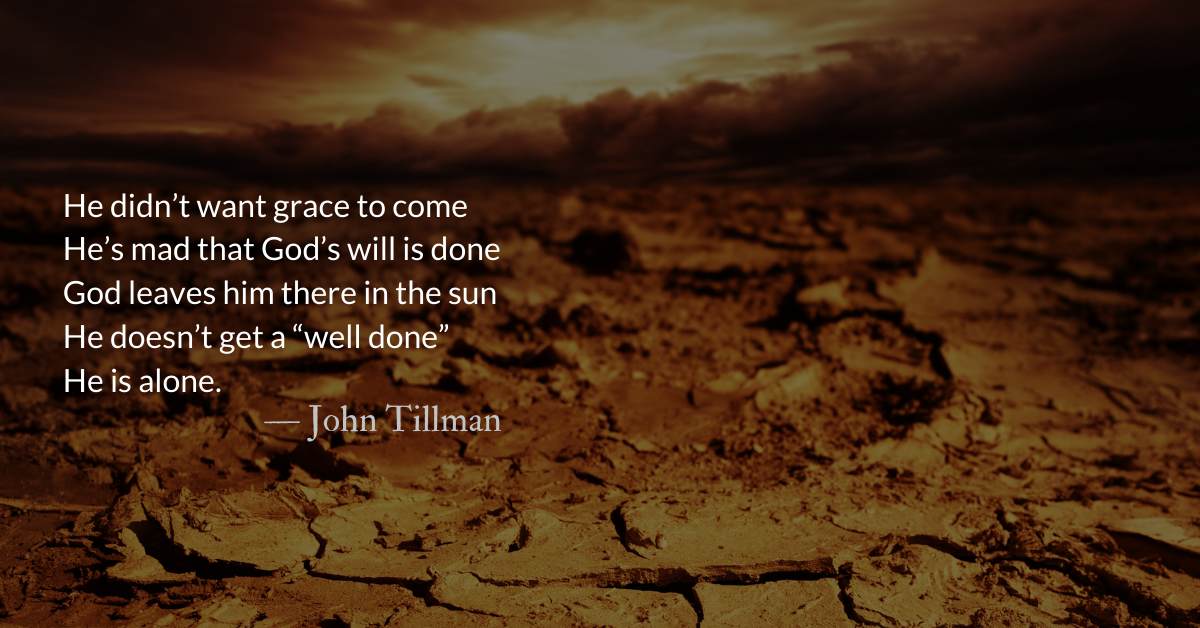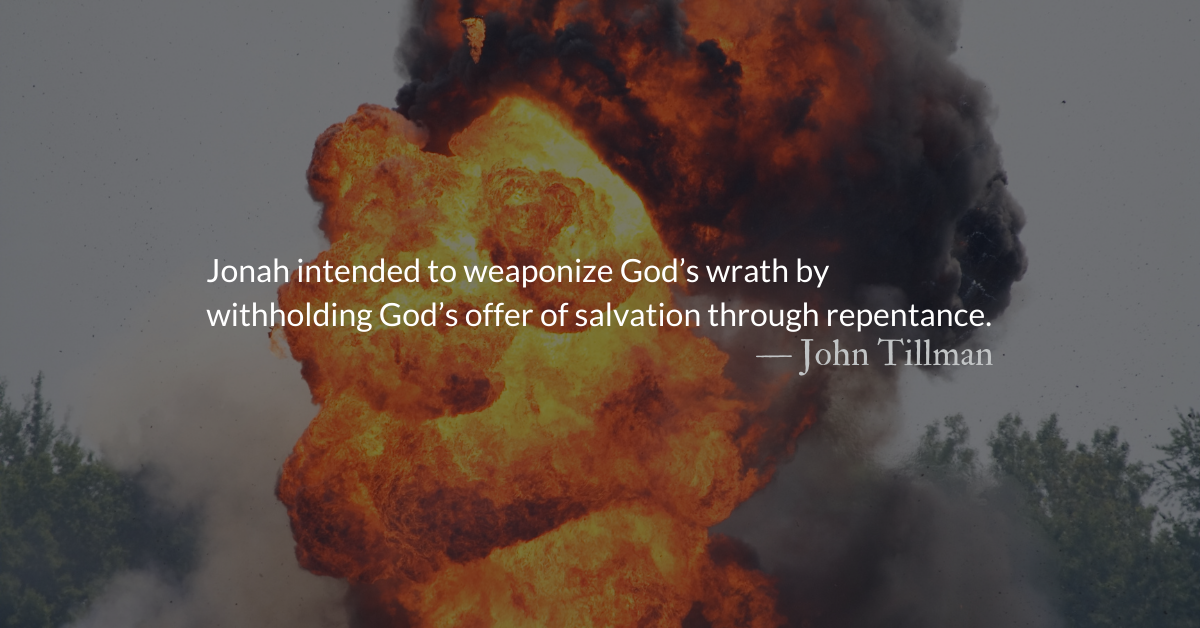Scripture Focus: Micah 5.2-5
2 “But you, Bethlehem Ephrathah,
though you are small among the clans of Judah,
out of you will come for me
one who will be ruler over Israel,
whose origins are from of old,
from ancient times.”
3 Therefore Israel will be abandoned
until the time when she who is in labor bears a son,
and the rest of his brothers return
to join the Israelites.
4 He will stand and shepherd his flock
in the strength of the Lord,
in the majesty of the name of the Lord his God.
And they will live securely, for then his greatness
will reach to the ends of the earth.
5 And he will be our peace
Reflection: Unto Us, He Comes — Hope of Advent
By John Tillman
Confronted by Magi seeking one “born king of the Jews,” Herod commands scholars and experts to give him an answer about the location of the birth of the Messiah. The scholar’s respond by referencing today’s passage. Herod passes this information on to the Magi.
We don’t know exactly where the Magi were from. Scripture simply says, “the East.” Symbolically, the Magi represent the entire unbelieving Gentile world but most scholars think they were probably Zorastrian priests of Persia and Media (Modern day Iran). The term “magi” would have applied to Daniel in his service to the kings of Babylon and Persia. This priestly class were advisors and counselors of kings.
If scholars are correct about the Magi’s origin, it may be the gleams of knowledge they had about this “king of the Jews” trickled down to them from the writings or influence of exiled Jews such as Daniel or Esther.
Regardless of what light they had when they started their journey, God revealed more and more to them until they beheld the light of Christ directly, face to face.
Advent is a time when all the world is seeking, waiting, for light. The sinking of the world into dark and the return of the light after the darkest point are common to all humanity.
The Bible tells us that God makes himself known to all people through the creation he has made. (Psalm 19.1-6) Paul goes so far as to say this revelation is sufficient to leave them “without excuse” in rejecting God. (Romans 1.19-20) To those who seek the light, more light is given.
We celebrate Christmas at this season not for historical reasons but for pedagogical reasons. The movements of the heavens tell a Heavenly story in which Christ comes in at our darkest point to turn the world back to the light.
Micah, in telling us where Christ comes from, also tells us who he comes to:
He comes to the small, discounted for their weakness, bringing strength.
He comes to those who have been dominated, lifting their heads and standing with them.
He comes to the abandoned, bringing reconciliation.
He comes to the exiled, pointing the way to a new home.
He comes to the leaderless, bringing guidance.
He comes to the insecure, bringing protection.
He comes to the victims and perpetrators of war and conflict, bringing them peace.
Unto us, he comes.
Divine Hours Prayer: The Cry of the Church
Even so, come, Lord Jesus!
– Divine Hours prayers from The Divine Hours: Prayers for Autumn and Wintertime by Phyllis Tickle
Today’s Readings
Micah 5 (Listen – 2:21)
Luke 14 (Listen – 4:36)
Read more about Anticipating His Advent
Because we as humans are temporal beings in an ever-decaying world, we have a hard time waiting.
Read more about End of Year Giving and Supporting our work
We produce over 100,000 words a year to:
Build up Christ’s body in the Word of God











